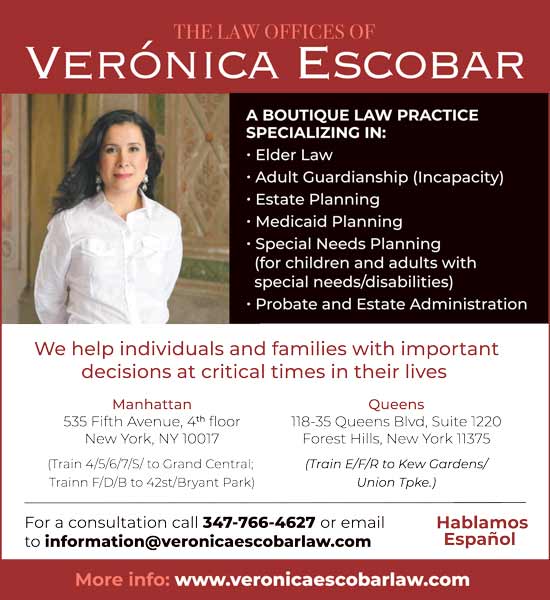Why is a power of attorney (POA) a necessary document in estate planning?
A power of attorney is a legal document that allows a person, known as the “principal,” to give another individual, known as the “agent,” the power to act on their behalf in both everyday and financially sensitive matters – while the person is still alive.
A power of attorney is one of the advance directives that a person should – no, must – execute during their lifetime. The principal must be incapacitated cognitively, physically and/or mentally for the power to take effect.
The POA, as it is commonly referred to by practitioners, is more powerful than a last will and testament in that it gives the person to whom the power is entrusted the ability to run another person’s affairs. If the duties are not performed ethically, it is a document that can be used to commit fraud, so a principal should choose their agent or agents carefully.
Who needs a power of attorney?
Everyone.
Why do we need a power of attorney?
If at any time you become incapacitated, you will need someone act on your behalf. To not have a designated person or persons, causes great disruption to the incapacitated person and their loved ones.
What does a power of attorney address?
This not an all-inclusive list, but you’ll get the picture:
• Real estate and estate transactions
• Trusts
• Retirement plans
• Medicaid planning
• Bank accounts, loans and debts
• Social Security benefits
• Government and military benefits
• Medical records and billing
• Claims and litigation (lawsuits)
• Tax matters
• Personal and family maintenance
• Business operating transactions
• Almost anything dealing with something you own, operate or could need.
A POA is not an option, it is a necessity. If thoroughly and properly drafted and executed, it will offer you, your assets and property, both protection and peace of mind.
(click to enlarge)

